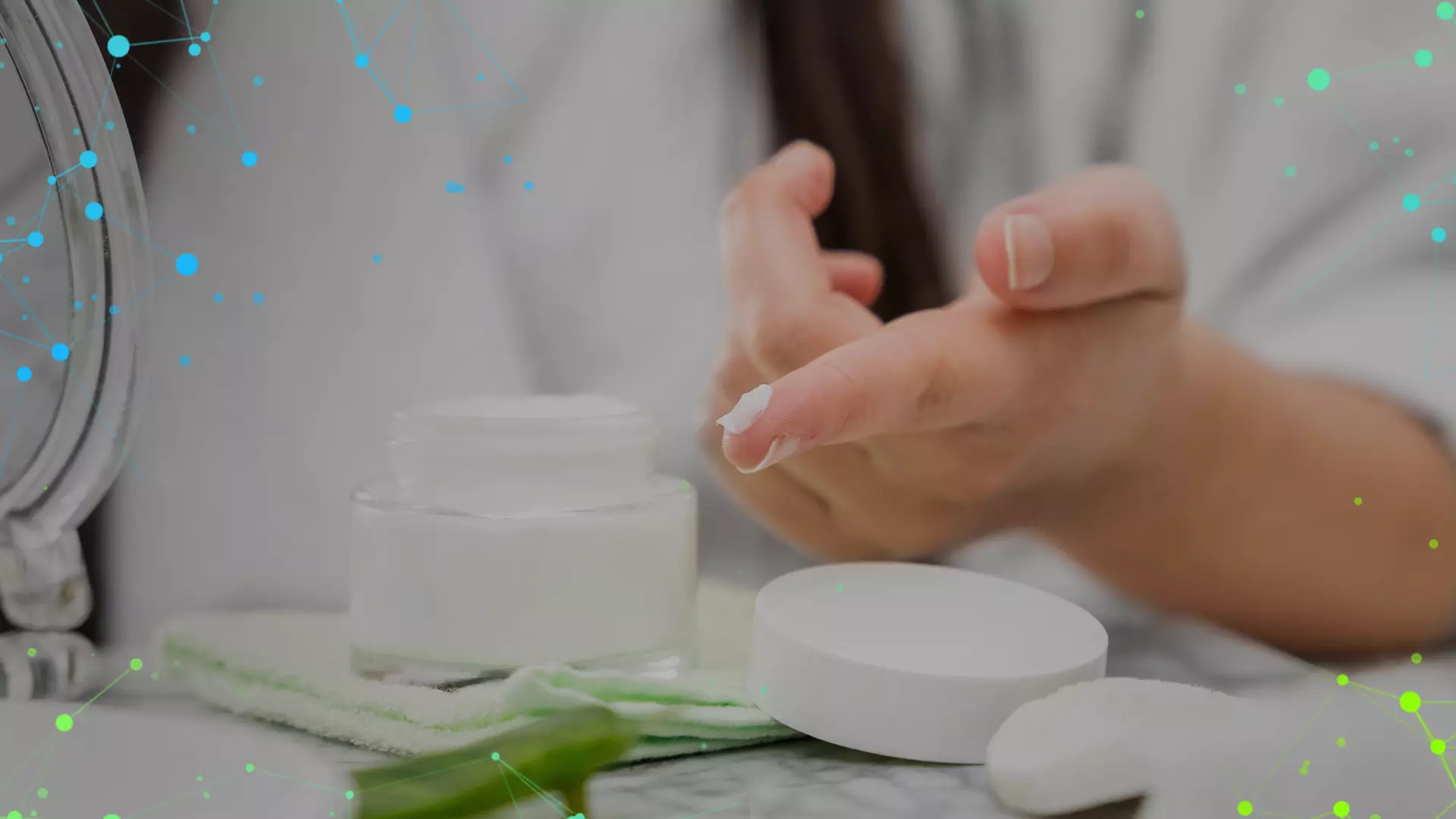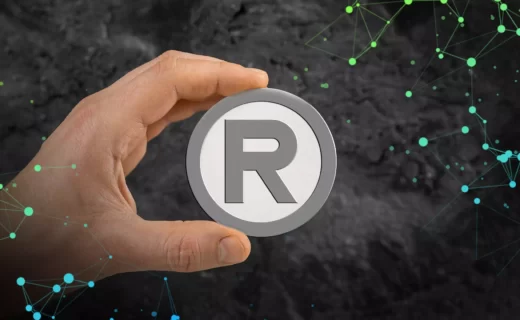Certification of Cosmetic Products
The world of beauty and cosmetology is advancing every day, providing consumers with a wide range of products for self-care. However, as the demand for cosmetic products increases, there is a need for regulation and quality control of these products. Certification of cosmetic production becomes a crucial step in ensuring the safety and effectiveness of cosmetic products for end consumers.
Experts from the legal firm Dextra Law provide expert services and legal support in the field of cosmetic product certification. Our team possesses in-depth knowledge and understanding of the legal environment related to the production and distribution of cosmetic products. This enables us to provide the highest level of legal services for the benefit of our clients.
What Is Considered Cosmetic Production
In Ukraine, cosmetic products are regulated in accordance with the Law of Ukraine “On Cosmetic Products” dated April 5, 2012, No. 4616-VI. According to this law, cosmetic production includes any substances or mixtures of substances intended for external use on the skin, hair, nails, lips, or teeth for the purpose of cleansing, perfuming, altering their appearance, or providing protection.
Among cosmetic products, various categories of products can be distinguished, such as face creams, hair care products, soaps, deodorants, mascara, lipsticks, scented body products, and others.
The law also establishes requirements for the quality and safety of cosmetic products and defines the procedure for their registration and certification. Manufacturers and importers of cosmetic products must adhere to established norms and safety standards to ensure consumer safety.
What Requires Mandatory Certification
Ukrainian legislation establishes mandatory certification for certain products in the perfumery-cosmetic industry in accordance with the “On Cosmetic Products” law and other regulatory legal acts. In particular, mandatory certification applies to:
- cosmetic products manufactured or marketed on the territory of Ukraine;
- imported cosmetic products;
- products produced for export.
- Certification is carried out by accredited laboratories and organizations that have the necessary recognition by authorities. Products must comply with technical regulations and safety standards.
Voluntary Certification of Perfumery-Cosmetic Products and Its Necessity
Voluntary certification of perfumery-cosmetic products is not a legally required procedure, but it can be conducted by manufacturers or suppliers to confirm a high standard of quality, safety, and compliance with specific standards or norms.
Main Stages of Cosmetic Product Certification
Certification of cosmetic products is a comprehensive process that includes several stages to determine the compliance of products with established standards and requirements:
- Preparatory stage. Initially, the manufacturer must identify the standards against which their products will be certified. Then, an independent body that will conduct the certification needs to be selected.
- Production analysis. This involves the submission of necessary documentation by the manufacturer, describing the production process, ingredients, production technology, and so on.
- Product testing. For this purpose, samples of the product are selected for laboratory tests, and laboratory analyses are conducted to determine properties and compliance with standards.
- Issuance of a certificate. Based on the results of the analyses and audits, the certification body issues a conclusion and, if compliant, a certificate of conformity is issued.
Features of Laboratory Testing
Laboratory testing of cosmetic products includes the following steps:
- Collection of representative product samples for analysis.
- Physicochemical tests to determine composition and properties.
- Microbiological tests to check for safety from bacteria and fungi.
- Tests for stability and effectiveness.
- Use of instruments to measure parameters such as pH, moisture, and others.
- Comparison of test results with established standards and norms.
Laboratory testing is a key part of the certification process, helping to ensure the high quality and safety of cosmetic products.




